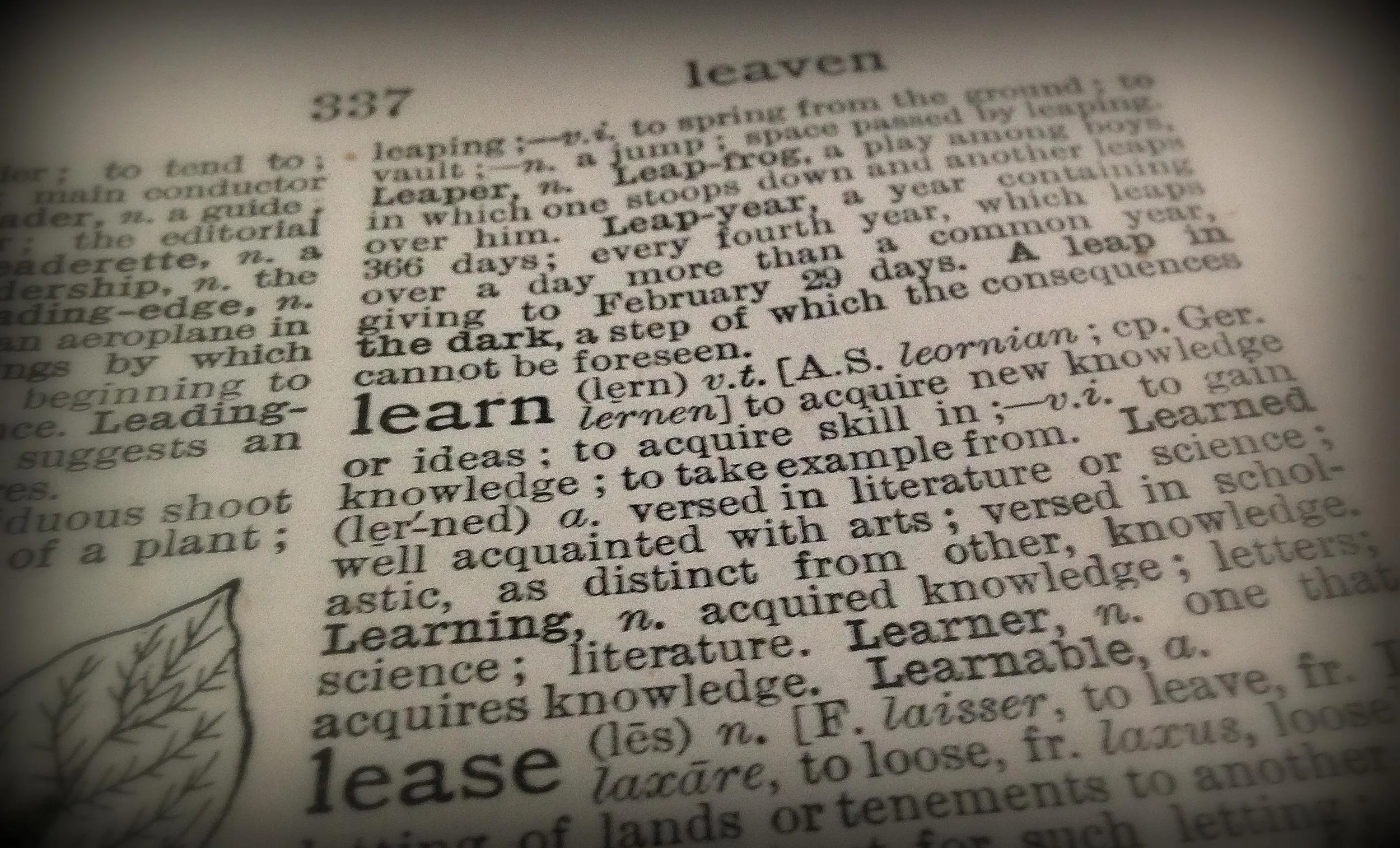Taxpayers will file for $20 billion in tax credits for college expenses they paid in 2015, but while those who get them will no doubt be happy, new evidence shows they have no effect on encouraging people to attend college.
Hidden Gold in College Applications (NY Times)
There has been a crescendo lately in talk about how to conduct college admissions in a manner that brings greater socioeconomic diversity to campuses, making them richer places to learn and better engines of social mobility.
Greater Competition for College Places Means Higher Anxiety, too (NY Times)
As the frenzied college application season draws to a close, and students across the country mull their choices, many colleges are trumpeting that it was the most selective year ever. But high school guidance counselors and admissions experts say the heightened competition has turned the process into a anxiety-ridden numbers game.
Ex-Ivy League admissions officers dissect an essay that got a girl into 5 Ivies and Stanford
Former Ivy League admissions officers, with collective experience working in admissions offices at Cornell University, Columbia Business School, Dartmouth College, the Massachusetts Institute of Technology (MIT), New York University, the University of Pennsylvania, and Yale University, provide feedback on an admissions essay that helped win admission to 5 Ivies, plus Stanford.
Don’t Send Your Kids to College. At Least Not Yet. (NY Times)
A growing number of colleges have begun to embrace a novel solution: change the outcomes of college by changing the inputs. What if college freshmen arrived on campus not burnt out from having been “excellent sheep” in high school, but instead refreshed, focused and prepared to take full advantage of the rich resources and opportunities colleges have to offer?
Common Application Saturates the College Admissions Market, Critics Say (NY Times)
Students are applying to too many colleges, driving down admission rates and elevating the prestige of selective universities, which leads more students to apply. To blame is the Common Application, the standardized form that has risen in popularity and is now accepted by more than 600 colleges, including all the Ivy League universities. The ease of using the form has led many students to decide almost on a whim to add one, two or even 10 more universities to their list.
Why Upperclassmen Lose Financial Aid (NY Times)
The predicament is all too familiar to students hunting for college bargains. Focused on cost, they attend the institution that showers them with the most money. But many learn a bitter economic lesson once they enroll: The debt can mount during the course of an undergraduate career, thanks to fine print, tough academic requirements on grants, and unanticipated tuition and fee increases. Few tools or resources forecast anything about the costs of sophomore, junior or senior year, and there’s little information available about how financial aid changes for upperclassmen.
Record-Breaking Numbers of Applicants? Don’t Gloat (Chronicle of Higher Ed)
Many colleges brag about rising numbers of applicants, even as they see a drop in students who enroll. Here’s what the numbers really mean.
Reinventing College Admissions as a Measure of Ethical Behavior (Chronicle of Higher Ed)
Richard Weissbourd, a child-and-family psychologist, has a lot of ideas about reforming the college-admissions process. His report, "Turning the Tide: Inspiring Concern for Others and the Common Good Through College Admissions," has been endorsed by more than 50 institutions.
Rejected by Colleges, SAT and ACT Try High Schools (NY Times)
The SAT and the ACT were supposed to shrink in significance as more colleges and universities have moved away from requiring standardized test scores for admission. Instead, the companies behind them have pushed into the nearly $700-million-a-year market for federally required tests in public schools, offering the SAT and the ACT even to students who do not plan to go to college.
A college-admissions edge for the wealthy: Early decision (WA Post)
Many of the nation’s top colleges draw more than 40 percent of their incoming freshmen through an early-application system that favors the wealthy, luring students to commit to enroll if they get in and shutting out those who want the chance to compare offers of grants and scholarships.
Private College Admissions Consultants: Does Your Child Need One? (HuffPost)
Does your high school student need a private admissions consultant? It depends on your situation. Can you afford one? It depends...
